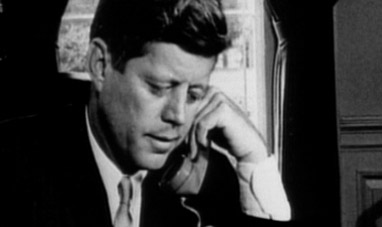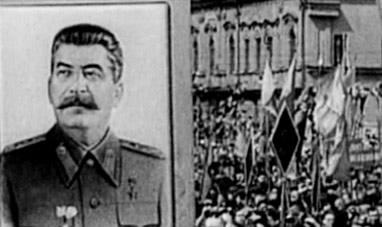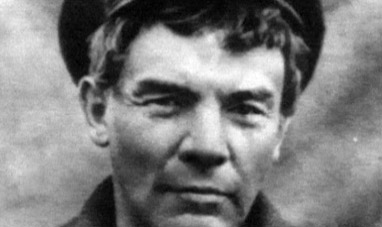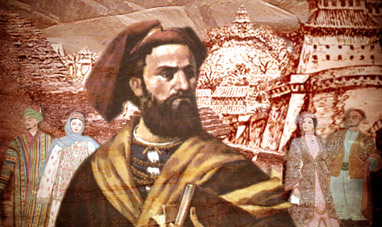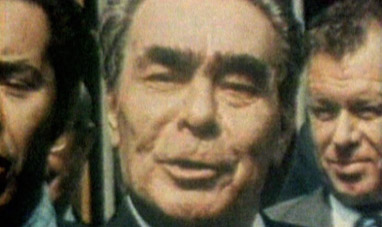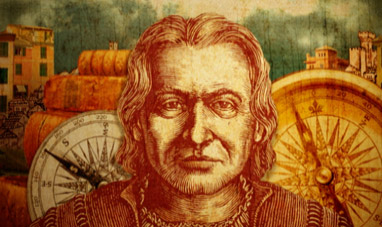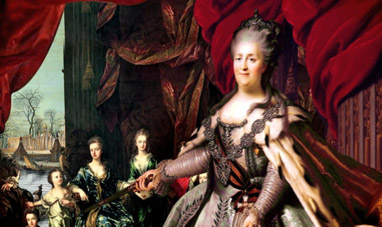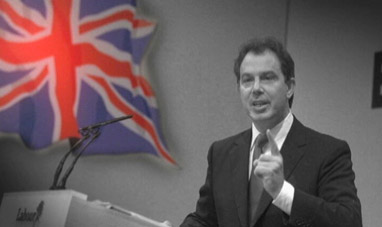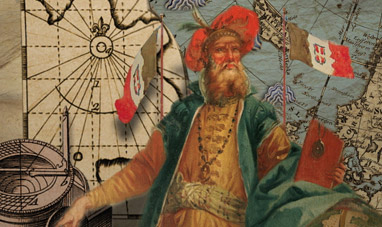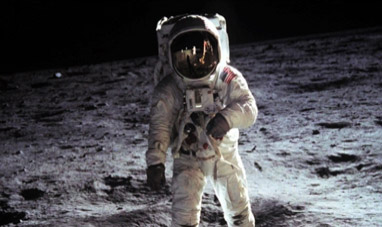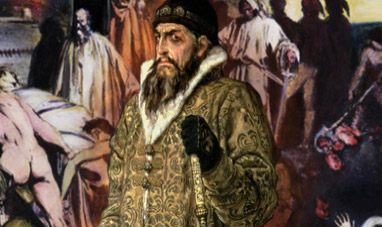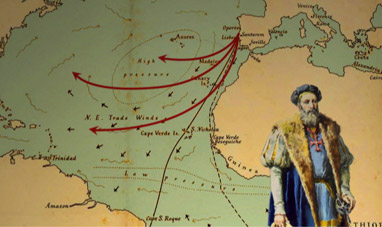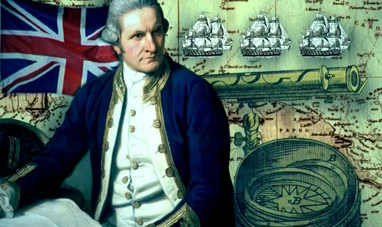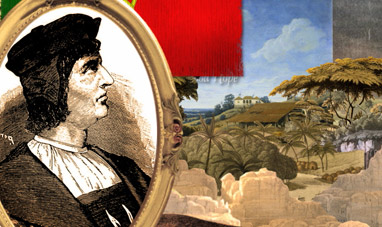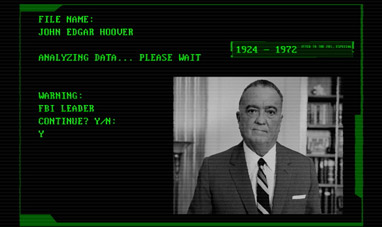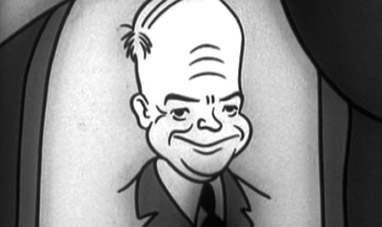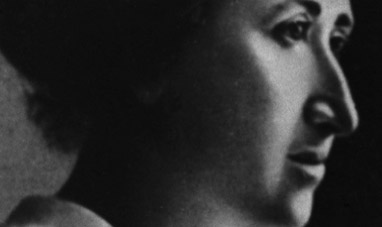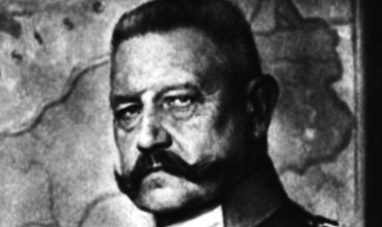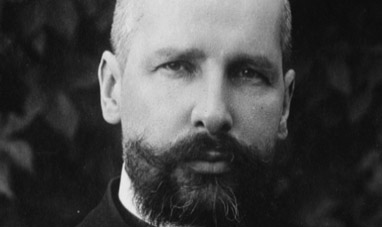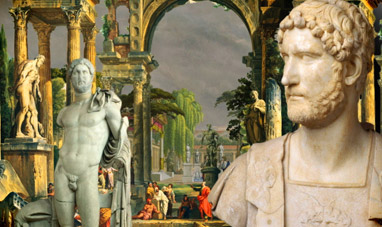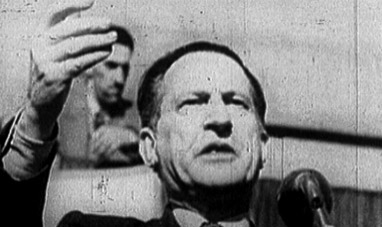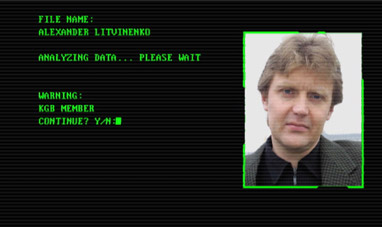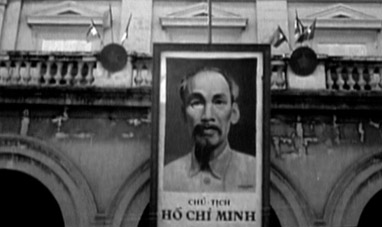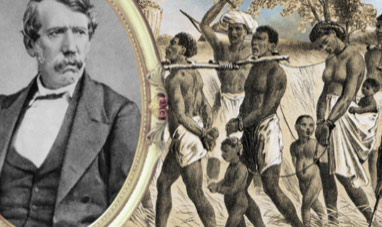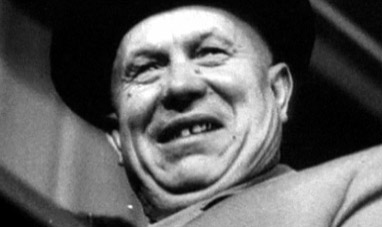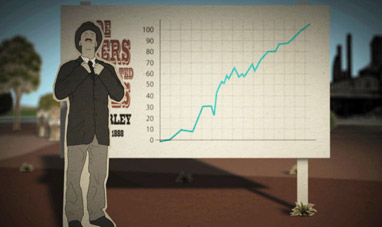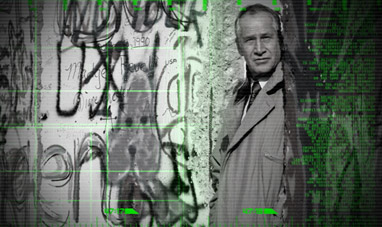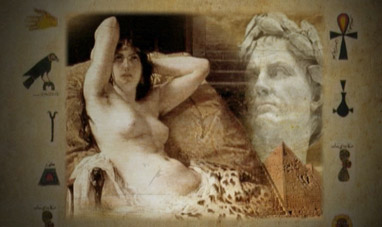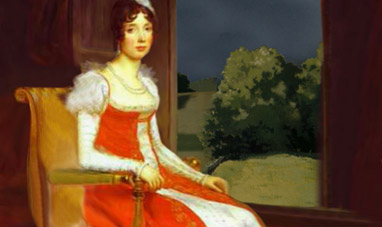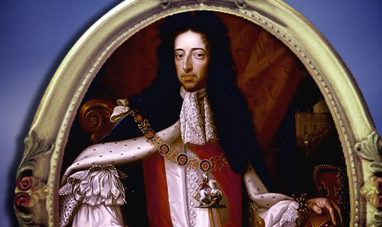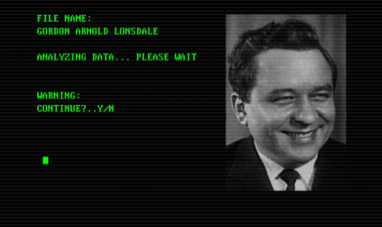Charles Louis Napoleon Bonaparte was a 19th Century French sovereign. He became emperor under the name Napoleon III.
Louis Napoleon was born in Paris on April 20, 1808. He was the son of the King of Holland, Louis Bonaparte, and the nephew of French emperor Napoleon I. With the collapse of Napoleon I’s empire, the Bonaparte family was forced into exile. Louis Napoleon grew up in Switzerland and Bavaria. Politics were a central part of his education.
Between 1836 and 1840, he launched coups d’états to seize power in France. Both attempts failed, and he was sent to prison. Six years later, Bonaparte escaped and sought refuge in Great Britain. In 1848, Europe was shaken by a wave of revolts. In France, King Louis Philippe’s monarchy collapsed, giving rise to the Second Republic.
Louis Napoleon left Great Britain for France. Thanks to support from right-wing clerics, he declared himself a presidential candidate. On December 10, 1848, he won in a landslide victory. His triumph undoubtedly stemmed from the Bonaparte name. But the conservative mood sweeping France at the time also helped him win. Louis Napoleon’s power was further solidified in the parliamentary elections held the next year.
On December 2, 1851, when his first term was almost over, Louis Napoleon launched a coup d’état. He assumed total power and cancelled parliament’s power to make new laws. A year later, a national referendum backed Louis Napoleon’s move to officially end the Second Republic. France became an empire once again. Louis Napoleon had become Napoleon III, the new leader of France.
The new emperor revived the political model known as bonapartism, combining an authoritarian, repressive attitude with broad social reforms. His initiatives in industry, finance and public works met with wide approval, and included improving French railroads and modernizing Paris. At the same time, Napoleon III implemented an aggressive foreign policy.
In the Crimean War, he sided with the British and the Piedmonts. They helped the Ottoman Empire check Russia’s expansion toward the Mediterranean Sea.
But Napoleon III’s war campaigns were expensive, and his support of Italian independence went against the wishes of the French ruling class. Napoleon III lost the broad consensus he had enjoyed up until then. His efforts to make his government more liberal did not help, either.
Napoleon III’s political demise came when his forces were defeated in Sudan in the Franco-Prussian War.
The emperor was imprisoned and forced into exile. He died in Chislehurst, England on January 9, 1873. He was 64. The Second French Empire died with its founder. The next French government was the short-lived Paris Commune, which was followed by the Third Republic.
Louis Napoleon was born in Paris on April 20, 1808. He was the son of the King of Holland, Louis Bonaparte, and the nephew of French emperor Napoleon I. With the collapse of Napoleon I’s empire, the Bonaparte family was forced into exile. Louis Napoleon grew up in Switzerland and Bavaria. Politics were a central part of his education.
Between 1836 and 1840, he launched coups d’états to seize power in France. Both attempts failed, and he was sent to prison. Six years later, Bonaparte escaped and sought refuge in Great Britain. In 1848, Europe was shaken by a wave of revolts. In France, King Louis Philippe’s monarchy collapsed, giving rise to the Second Republic.
Louis Napoleon left Great Britain for France. Thanks to support from right-wing clerics, he declared himself a presidential candidate. On December 10, 1848, he won in a landslide victory. His triumph undoubtedly stemmed from the Bonaparte name. But the conservative mood sweeping France at the time also helped him win. Louis Napoleon’s power was further solidified in the parliamentary elections held the next year.
On December 2, 1851, when his first term was almost over, Louis Napoleon launched a coup d’état. He assumed total power and cancelled parliament’s power to make new laws. A year later, a national referendum backed Louis Napoleon’s move to officially end the Second Republic. France became an empire once again. Louis Napoleon had become Napoleon III, the new leader of France.
The new emperor revived the political model known as bonapartism, combining an authoritarian, repressive attitude with broad social reforms. His initiatives in industry, finance and public works met with wide approval, and included improving French railroads and modernizing Paris. At the same time, Napoleon III implemented an aggressive foreign policy.
In the Crimean War, he sided with the British and the Piedmonts. They helped the Ottoman Empire check Russia’s expansion toward the Mediterranean Sea.
But Napoleon III’s war campaigns were expensive, and his support of Italian independence went against the wishes of the French ruling class. Napoleon III lost the broad consensus he had enjoyed up until then. His efforts to make his government more liberal did not help, either.
Napoleon III’s political demise came when his forces were defeated in Sudan in the Franco-Prussian War.
The emperor was imprisoned and forced into exile. He died in Chislehurst, England on January 9, 1873. He was 64. The Second French Empire died with its founder. The next French government was the short-lived Paris Commune, which was followed by the Third Republic.

